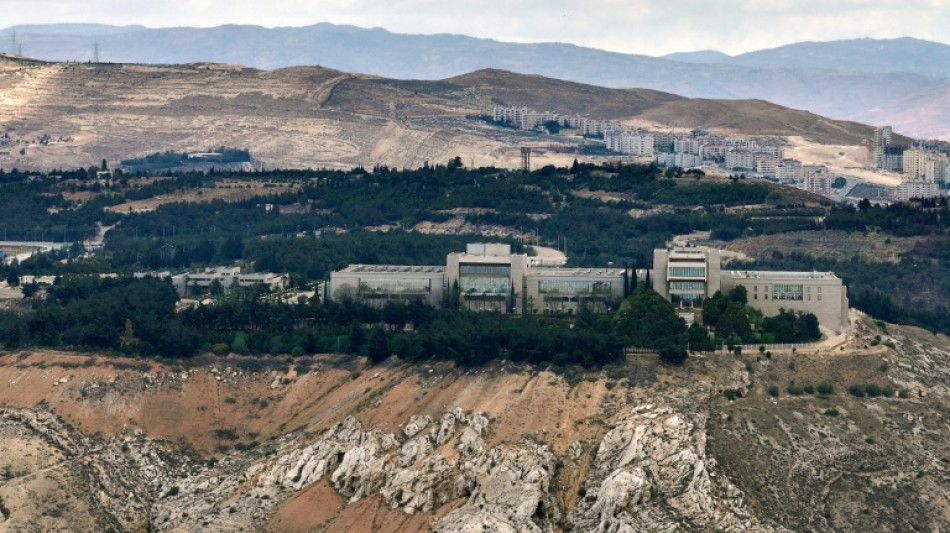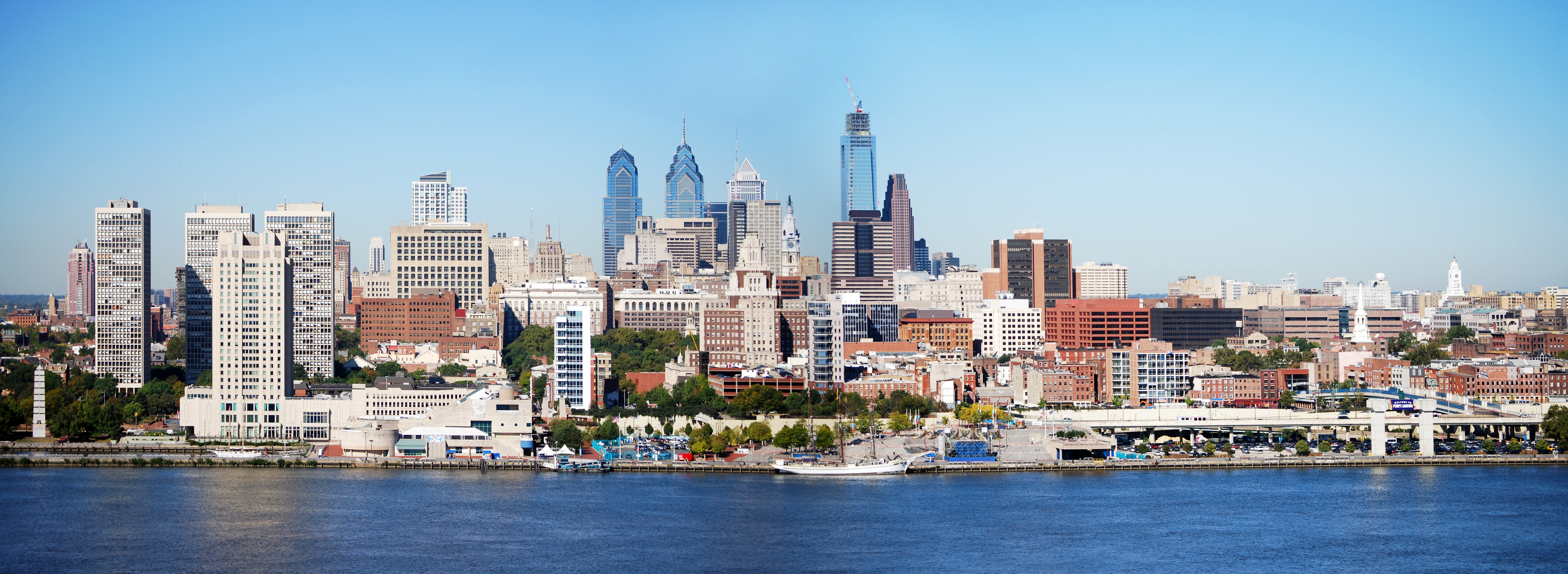

Israel says struck near Syria presidential palace amid Druze clashes
Israel said it carried out an air strike near Syria's presidential palace in Damascus on Friday, warning the country's new Islamist rulers against targeting the Druze minority.
The dawn strike came hours after top Druze clerics and armed factions reaffirmed their loyalty to Syria, rejecting any call for secession.
The Druze leaders urged the government to empower the interior ministry and judiciary in Sweida province -- their stronghold -- by appointing officials from the local population.
The statement followed deadly sectarian clashes this week between Druze fighters and Syrian forces, including government-affiliated groups, near Damascus.
At least 102 people were killed in Jaramana and Sahnaya, both near the capital, and in Sweida, said the Syrian Observatory for Human Rights war monitor.
A de-escalation deal was reached between Druze representatives and the government, prompting troop deployments in Sahnaya and tighter security around Jaramana on Thursday.
Syrian officials said the agreement included the immediate surrender of heavy weapons and an expanded General Security presence.
An AFP photographer saw troops gradually taking over checkpoints from Druze gunmen in Jaramana, though no handover of weapons was witnessed.
An explosion from the vicinity of the presidential palace was heard across the Syrian capital, an AFP correspondent reported.
Israeli army spokesman Avichay Adraee said "warplanes attacked... the area near Ahmed Hussein al-Sharaa's palace in Damascus", referring to Syria's interim president.
- 'Clear message' -
In a joint statement, Prime Minister Benjamin Netanyahu and Defence Minister Israel Katz said it was a "clear message" to Syria's new rulers.
"We will not allow forces to be sent south of Damascus or any threat to the Druze community," they said.
Ahmed, a 55-year-old who withheld his surname, said the blast woke up his family.
"Unfortunately, we have gotten used to explosions and Israeli strikes in Damascus. Curse them," he said.
Israel, which sees Syria's new rulers as jihadists, has attacked hundreds of military sites in its northern neighbour since Islamist-led forces deposed longtime president Bashar al-Assad in December.
It has also sent troops into the demilitarised buffer zone that used to separate Israeli and Syrian forces on the Golan Heights.
Its army carried out strikes near Damascus on Wednesday and threatened to conduct more if the violence against the Druze continues.
The unrest was sparked by the circulation of an audio recording attributed to a Druze citizen and deemed blasphemous. AFP was unable to confirm its authenticity.
Syria's government accused "outlaw groups" of instigating the violence by attacking their forces.
But the Observatory and Druze residents said forces affiliated with the new authorities attacked Jaramana and Sahnaya and clashed with Druze gunmen.
"The situation is calm, but we are scared. Everyone is terrified. We have been through difficult days," Arij, a 35-year-old housewife, told AFP.
"Many Christians and Druze have fled to Damascus, but we are staying here. We have no alternative place."
- 'State and judiciary' -
Mohamad Halawa, a security official in Damascus province, said a security cordon was formed around Jaramana.
All residents would be "under the umbrella of the state and the judiciary", he added.
In Sweida, religious authorities and military factions confirmed after an extensive meeting that they are "an inseparable part of the united Syrian homeland", adding that they "reject division, separation, or secession".
The Observatory monitor said the Syrian government sent military reinforcements around the province.
The move came after Sheikh Hikmat al-Hijri, a Druze spiritual leader, condemned what he called a "genocidal campaign" against his people, expressing his distrust towards the government.
Syria's new Islamist authorities, who have roots in the Al-Qaeda jihadist network, have vowed inclusive rule in the multi-confessional, multi-ethnic country, but must also contend with pressures from radical Islamists within their ranks.
The violence involving the Druze follows massacres of people from the Alawite community in March, when the Observatory said security forces and allies killed more than 1,700 civilians.
It was the worst bloodshed since the overthrow of Assad, who is from the minority community.
The government accused Assad loyalists of sparking the violence by attacking security forces, and has launched an inquiry.
T.Reed--PI



